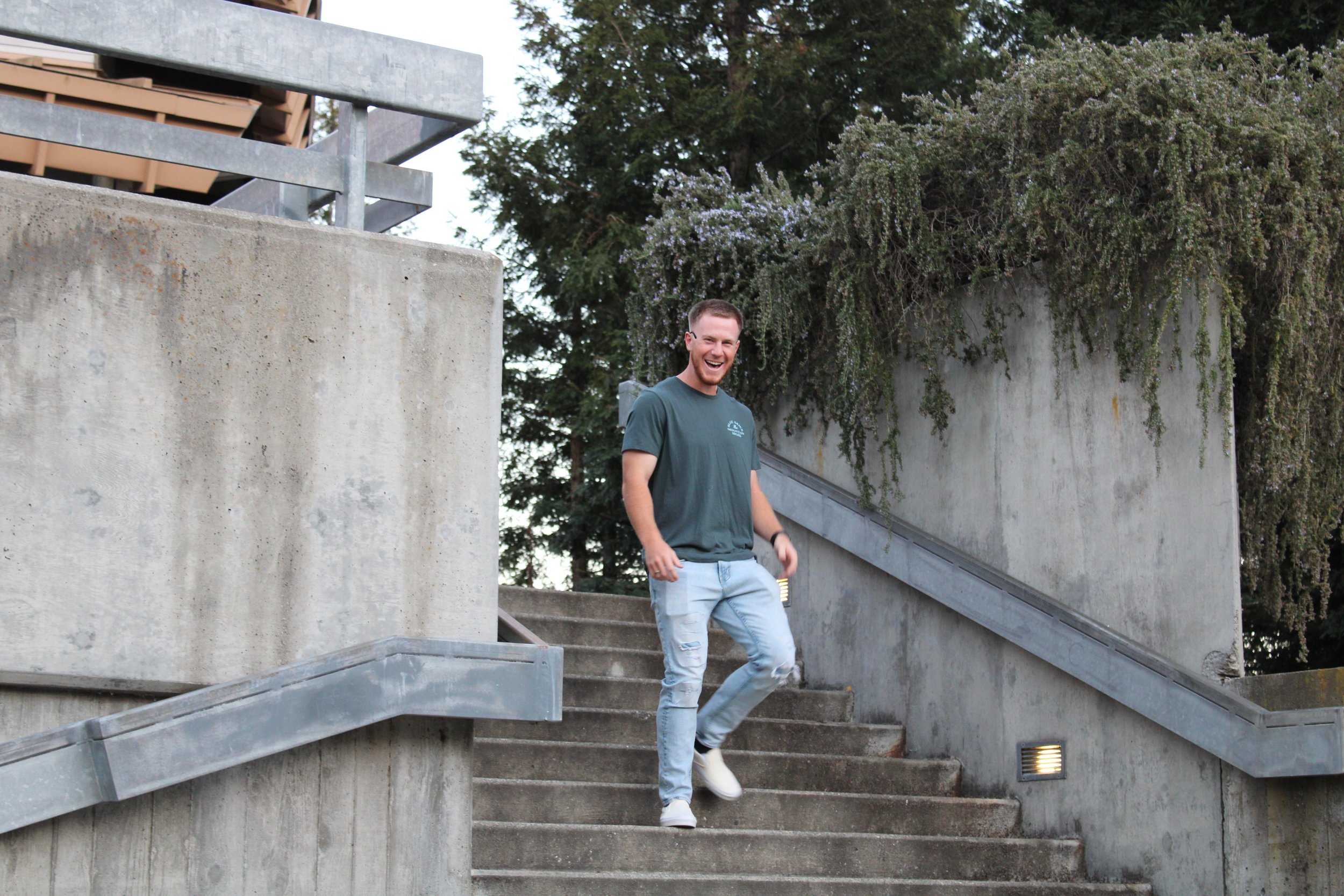Sonoma State University President, Judy Sakaki announced in a school-wide email on Wednesday, Mar. 16 that SSU will not be requiring masks in most indoor settings on-campus beginning Mar. 21.
The same day Sakaki announced SSU’s evolving mask rules, China put 54 million people on COVID-19 lockdown after seeing a spike in cases.
Elysha Ozanian, a 32-year-old History major has been doing everything in her power to avoid contracting COVID-19, and now she’s worried her chances of exposure will greatly increase because of this rule.
“I think that we are a month into a decline and people are getting really excited. We just tapered off the Omicron variant but we can’t just pretend that we’re 100% in the clear. There are other countries in the world that are already dealing with another variant and it seems like we’re just ignoring it,” Ozanian said. “Asian cultures have been wearing masks when they’re sick so as to not spread germs for decades. This is not a new thing in the world, it’s just a new thing to Americans to care about not getting the person next to you sick. Our Americanism is showing.”
Masks will still be required in all indoor instructional settings through May 20 for all students. “Instructional settings are any classroom, laboratory, or other space that is actively being used for the delivery of scheduled or university-organized academic activities where students and faculty are present,” the email read.
Unvaccinated students are still required to participate in weekly COVID testing in order to access on-campus facilities, but will not be required to wear a mask in non-instructional facilities.
People actively working in or receiving treatment from any campus medical facility and/or clinic is still required to wear a mask, meaning masks will still be required inside the Student Health Center, Counseling and Psychological Services, and Athletics treatment facilities.
Masks will continue to be provided for anyone on campus near the Seawolf Service Center, the Student Center information desk, and the University Library circulation desk on the second floor.
“…divisions, departments, faculty, and staff are not permitted to require masks unless the activity warrants additional safety measures and is approved by SSU’s Office of Risk Management and Safety Services. This applies to all department offices, suites, and on-campus and off-campus operations and events,” the email stated.
Students will still be required to complete the daily wellness screening prior to their arrival on campus or departure from their on-campus housing every day. This can be accessed through the health portal.
Julia Gonzalez, Vice President of Strategic Communications at SSU said, “Except for in instructional settings, masks are no longer required in most indoor settings at SSU, however, masks continue to be strongly recommended. Masks remain an important tool in protecting those who are not yet vaccinated or are immunocompromised from COVID-19.”
Gonzalez urged students who feel more comfortable wearing their masks indoors to continue to do so.
Gonzalez explained the easing of face mask requirements does not impact SSU’s continued recommendations to regularly wash your hands with soap and water, use the provided hand sanitizer, report all COVID-19 exposures or symptoms, even if you’re vaccinated, get tested at the COVID-19 testing center on campus if you were exposed or have symptoms, and continue to practice social distancing whenever possible.
Students that do test positive for COVID-19 can return to non-instructional or outdoor campus spaces mask-free can do so 10 days after the onset of symptoms or the date of their first positive test. Students may be able to return sooner than 10 days if cleared by the Student Health Center or another physician, however, they will be required to wear a mask.
“We are relying on students honestly reporting symptoms on their wellness screening and not coming to campus when sick,” Gonzalez said.
If a student in class does test positive for COVID-19, only unvaccinated students will be required to quarantine for a minimum of five days. If the student tests negative after five days, they can return to campus. However, they will be required to still wear a mask until 10 days have elapsed following their exposure. “If a classroom is significantly impacted by an exposure, the instructor has the ability to shift modality to online until everyone can return to the class, assuming the subject matter is suitable for online delivery,” Gonzalez said.
“It just seems ridiculous to me that we’re going from “If you don’t have a booster then you can’t be on campus” to “Well if you quarantine for 5 days you can still come back to campus even if you’re Covid positive, you just have to wear a mask.” Completely different sides of the spectrum,” Alyssa Watts, a 22-year-old Early Childhood Development major said.
Watts is more worried about falling behind than they are about getting sick, and possibly being hospitalized or even dying. Teachers enforce strict participation policies that don’t give students the room to get sick, so students can’t afford to miss class. All of Watts’ classes are in-person meaning every class they attend they’re being put at more of a risk. “I definitely will continue wearing my mask, but it’s much less effective if I’m the only one wearing it. I understand the feeling of wanting things to go back to normal, but life will never be the same again and I would rather take measures such as wearing a mask indoors to avoid catching COVID,” Watts said.
STAR// Tanner Ivey
SSU student Lucan Townsend can’t help but smile at the idea of no longer wearing masks around campus.




































